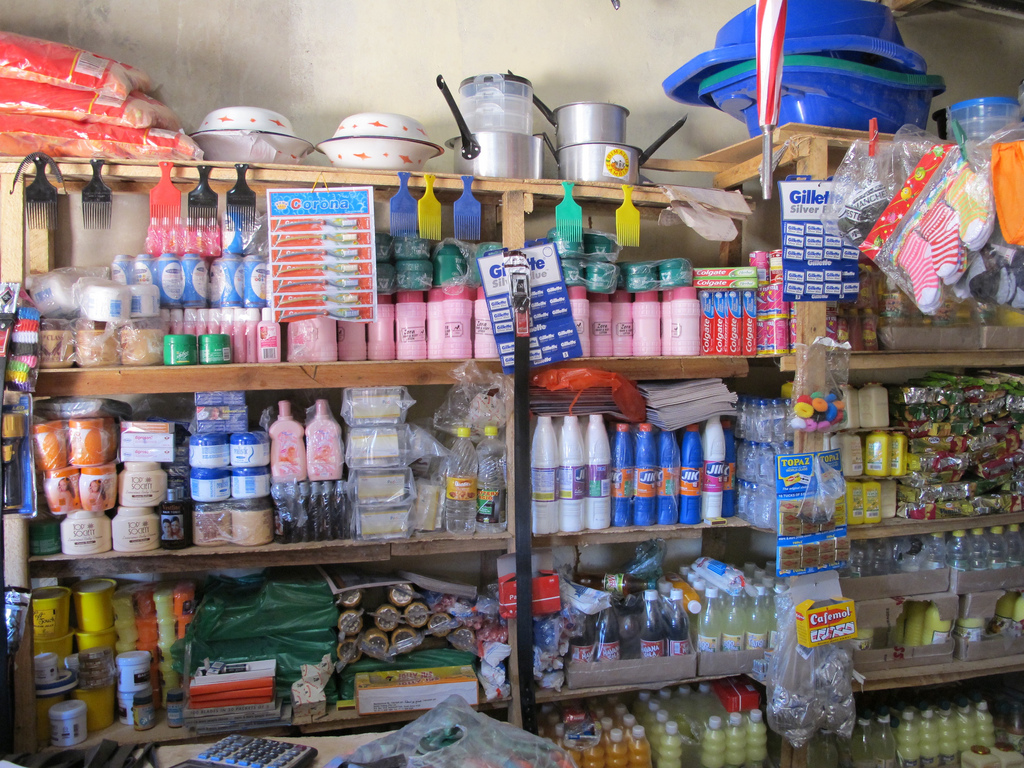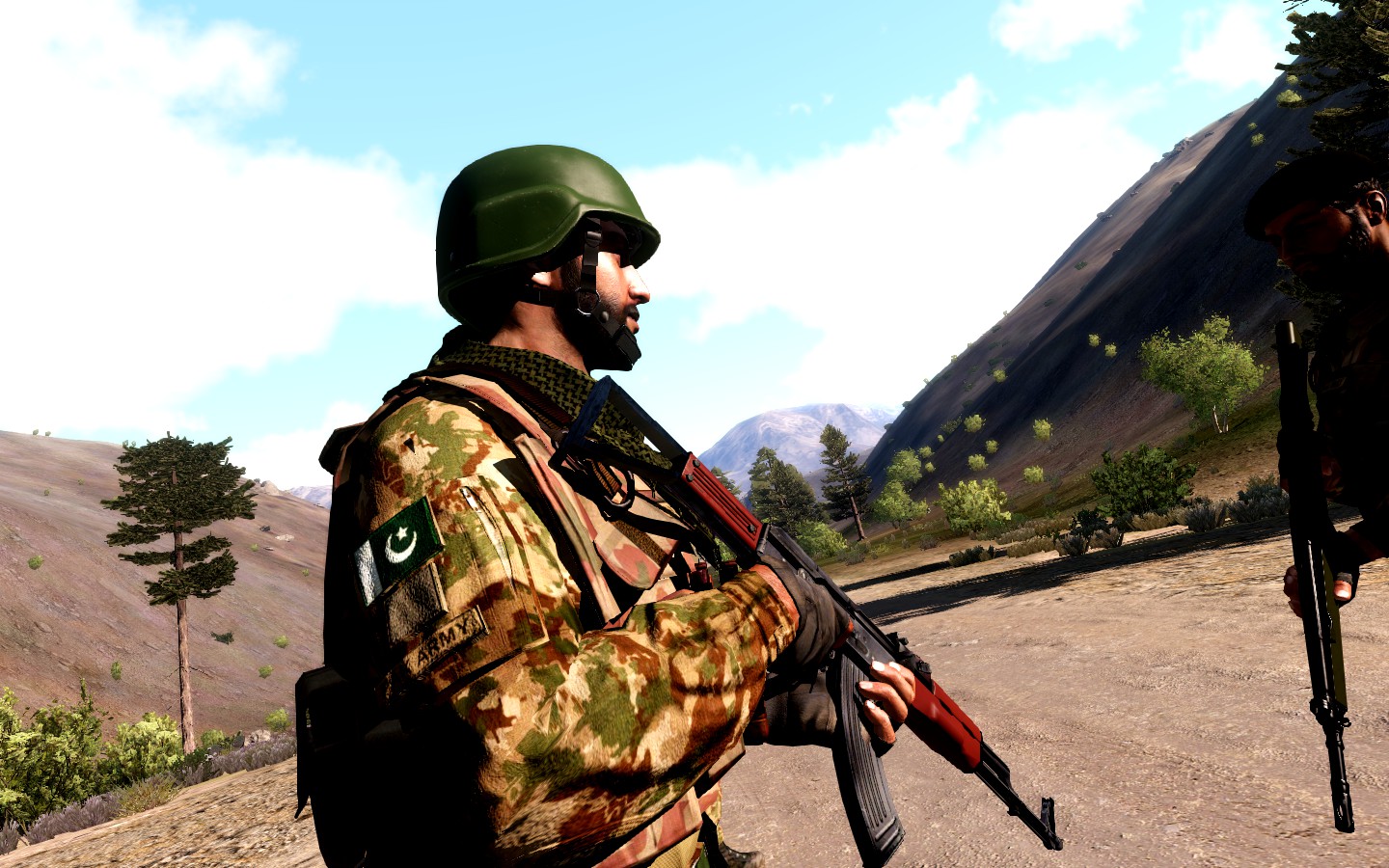 The LSE is pleased to host the annual British Association of South Asian Studies (BASAS) lecture by Professor Barbara Harriss-White on 29 Nov 2013. Details are below. The event is ticketed, and LSE staff and students have a number of tickets reserved, so if you are interested, please contact Ingrina Carson at: i.carson@lse.ac.uk.
The LSE is pleased to host the annual British Association of South Asian Studies (BASAS) lecture by Professor Barbara Harriss-White on 29 Nov 2013. Details are below. The event is ticketed, and LSE staff and students have a number of tickets reserved, so if you are interested, please contact Ingrina Carson at: i.carson@lse.ac.uk.
Further details are at: http://www.basas.org.uk/news-events/annual_lecture_new/
Comparisons are Odious! India and China: Economy, Society and Environment
BASAS ANNUAL LECTURE 2013, HOSTED BY THE LSE
Friday 29 November 2013, 7pm
Wolfson Theatre, New Academic Building, LSE
Delivered by:
Professor Barbara Harriss-White, University of Oxford
Members of the association wishing to take part in the AGM should arrive by 6.30pm.
The Annual Lecture will commence at 7pm.
The lecture will be followed by a reception at 8pm kindly sponsored by the LSE’s newly announced South Asia Centre.
BASAS cordially invites you to this year’s annual lecture which will be delivered by Professor Barbara Harriss-White of the University of Oxford. In her presentation she will focus on the similarities and differences between the Indian and Chinese economy, society, and environment. She will focus on the less well appreciated similarities between the two countries. This lecture draws on extensive research produced for the book: ‘China-India: pathways of economic and social development’, edited by Delia Davin and Barbara Harriss-White which is about to be published by OUP for the British Academy. ‘Juxtapose – studying China and India together’ ( South Asia Research Cluster, Wolfson College, Oxford) is at: http://indiachinaresearch.blogspot.co.uk/
Speaker biography
Professor Barbara Harriss-White is the Director of Wolfson College’s South Asia Research Cluster and of Area Studies Research Project on the Materiality of India’s Informal Economy at Oxford University. She was the Founder-Director of Oxford University’s Contemporary South Asian Studies Programme in the School of Area Studies and organiser of the world’s first MSc in Contemporary India.
She has written, edited or co-edited and published 40 books and major reports, published over 200 scholarly papers and chapters and over 60 working papers. Her book ‘Rural Commercial Capital’ won the Edgar Graham prize. She works on India’s political economy, in particular food and energy, and aspects of deprivation – all through field research. She is Emeritus Professor of Development Studies, Emeritus Fellow of Wolfson College, Oxford, and a Professorial Research Associate at SOAS.
Dr Rajesh Venugopal
Department of International Development
LSE
Houghton Street, London WC2A 2AE, UK





